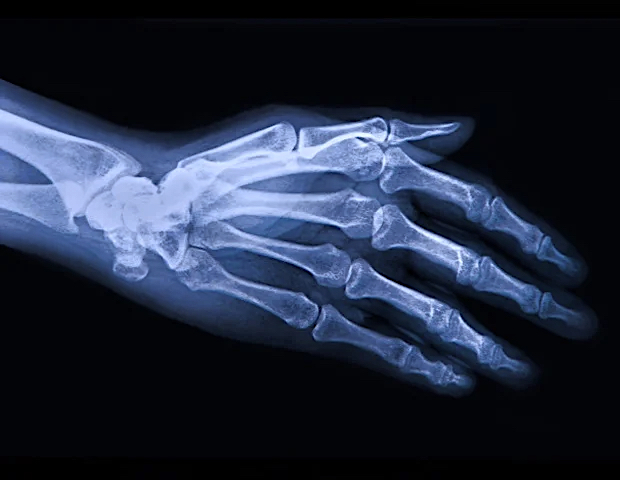


Researchers in the United States and Japan have discovered a new mechanism that links age-related cartilage tissue stiffening with the repression of a key protein associated with longevity. These findings enhance the understanding of mechanisms that lead to the deterioration of joints that causes osteoarthritis, according to the authors of a new study, published January 10th in Nature Communications.
In the study, researchers showed that increased stiffening of the extracellular matrix – a network of proteins and other molecules that surround and support tissues in the body – led to a decrease in a so-called “longevity protein” called Klotho (α-Klotho) in knee cartilage brought about by epigenetic changes. This Klotho decrease then damaged the cells in healthy cartilage called chondrocytes. Conversely, exposing aged chondrocytes to a softer extracellular matrix restored the knee cartilage to a more youthful state.
As stiffening of extracellular matrix is a defining feature of cartilage aging, these findings demonstrate the role Klotho plays in the formation of osteoarthritis and offers new potential treatment targets to restore cartilage health. The researchers also note that their results may be applicable to the toll that epigenetic factors caused by aging takes on other tissues throughout the body.